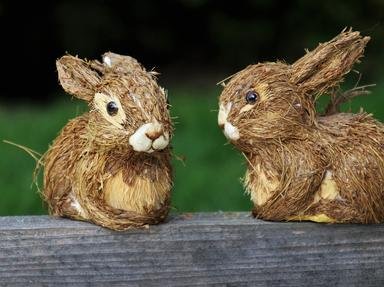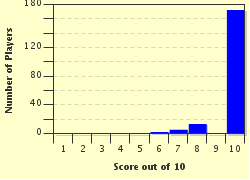
Animal Connections #4 Trivia Quiz
Pair the words listed on the left with the animals on the right to form commonly used terms. While a word may appear to fit for more than one animal, there is only one correct solution.
A matching quiz
by zorba_scank.
Estimated time: 3 mins.
